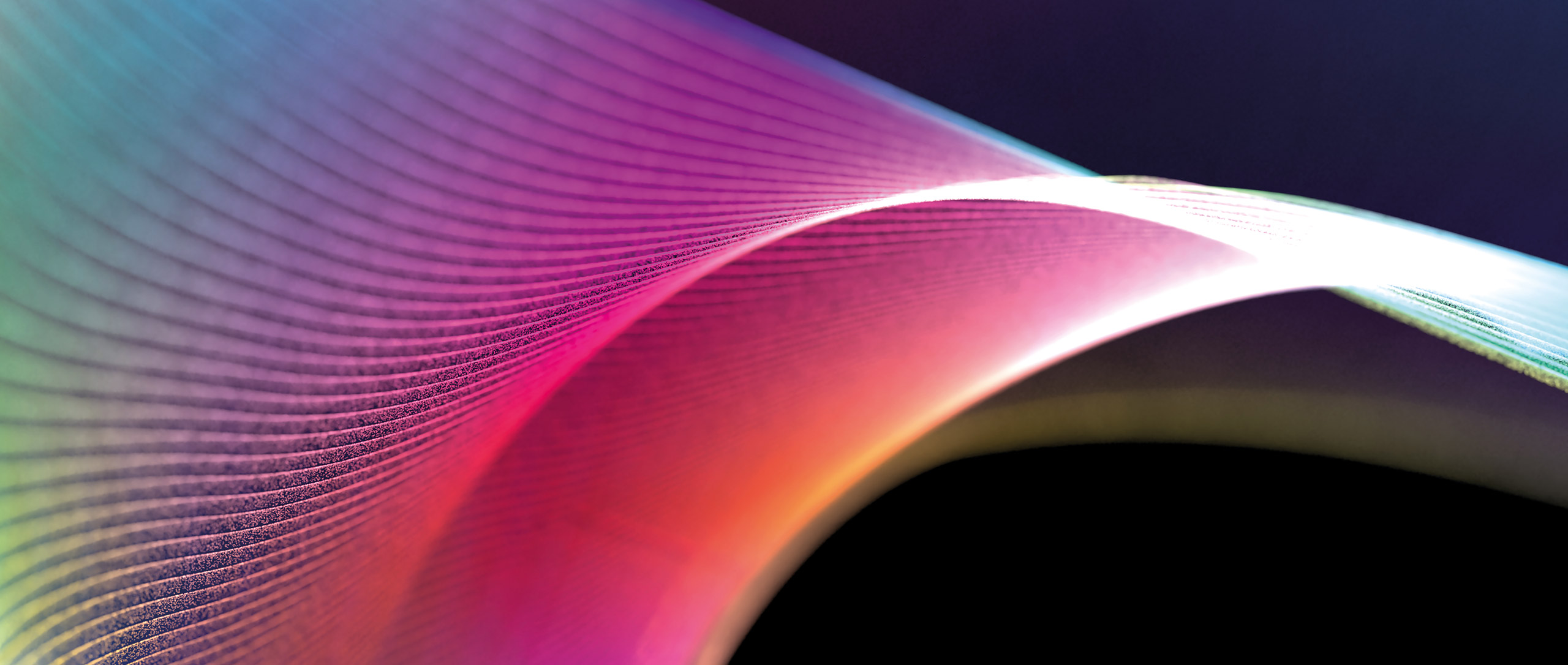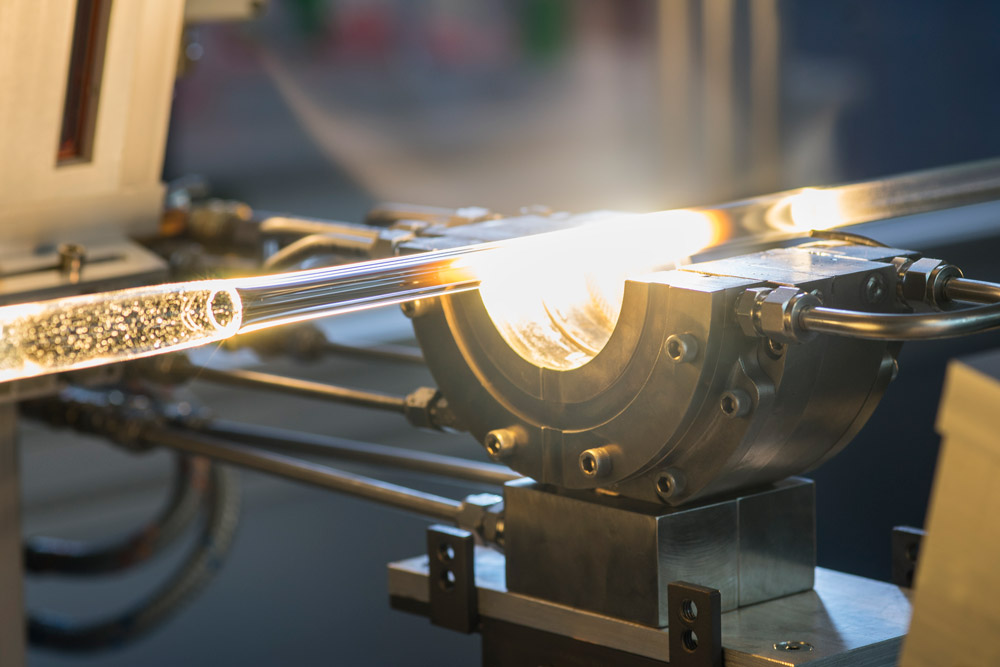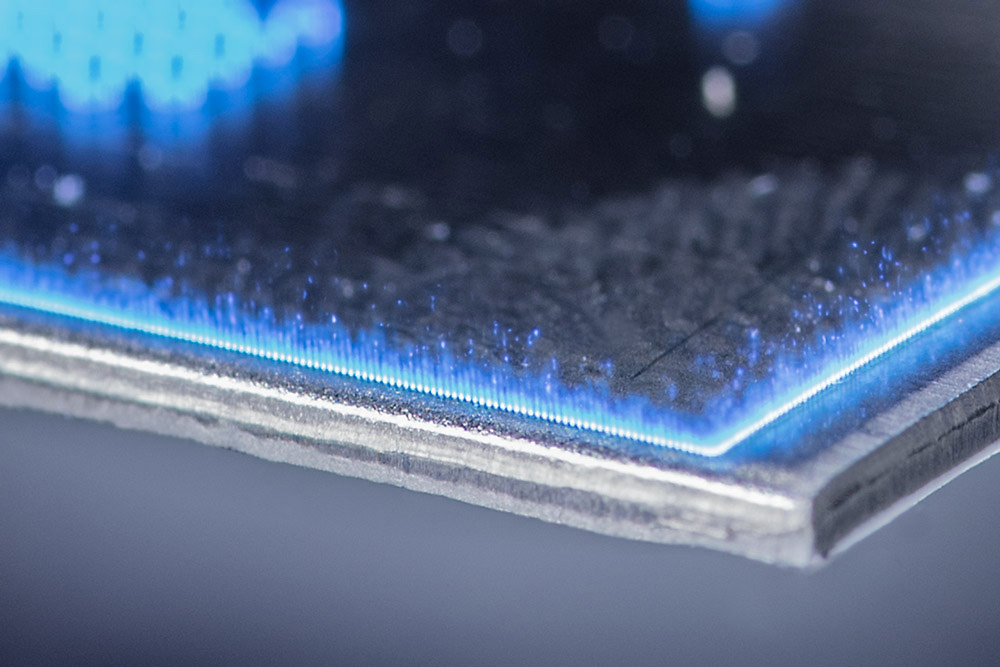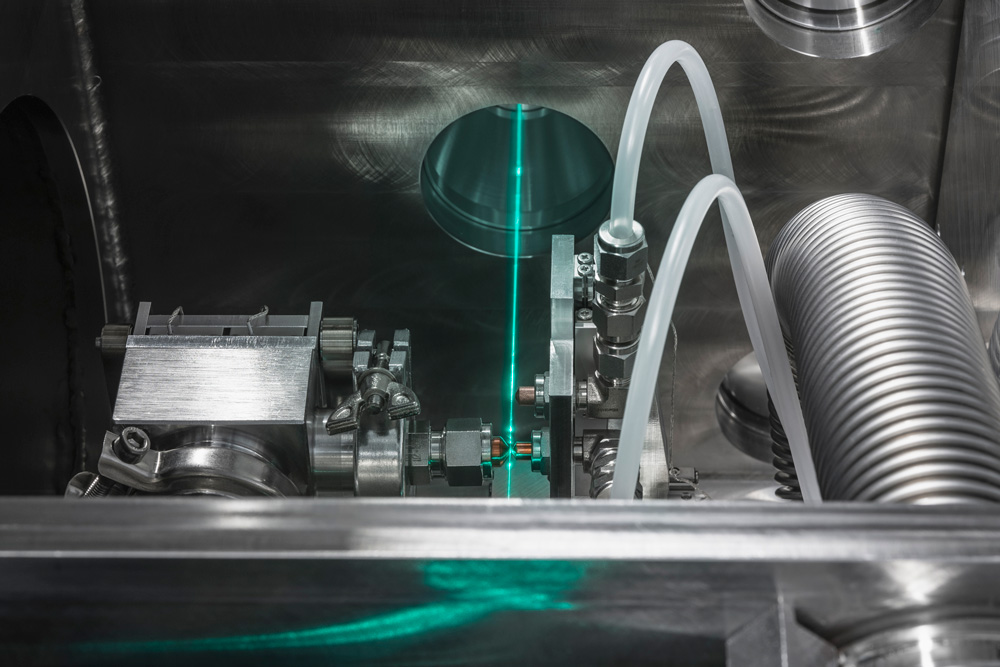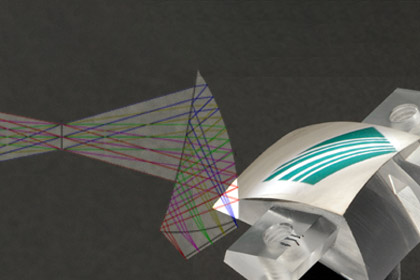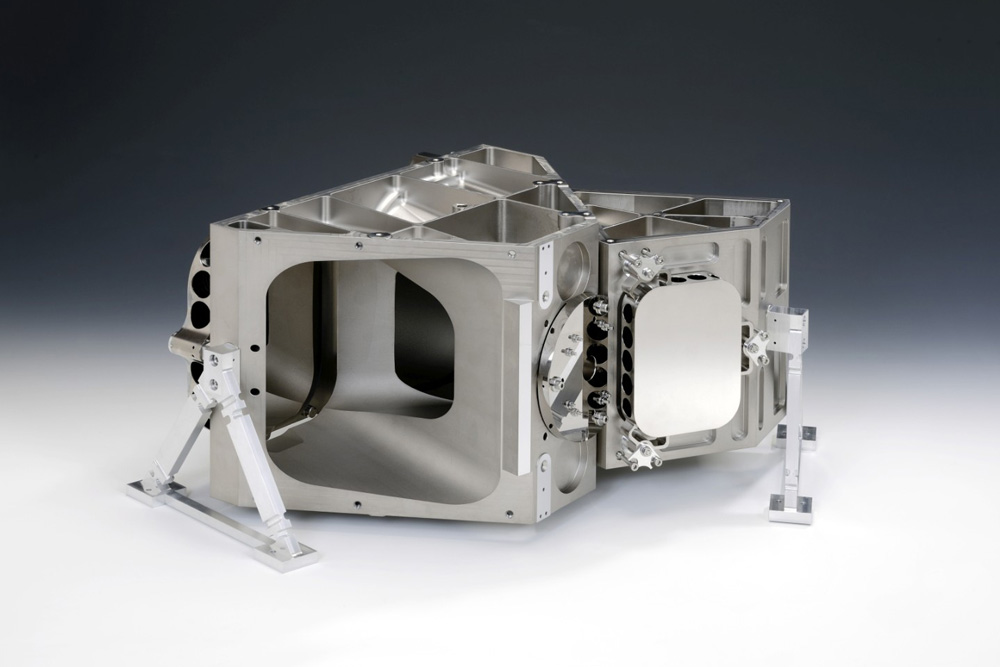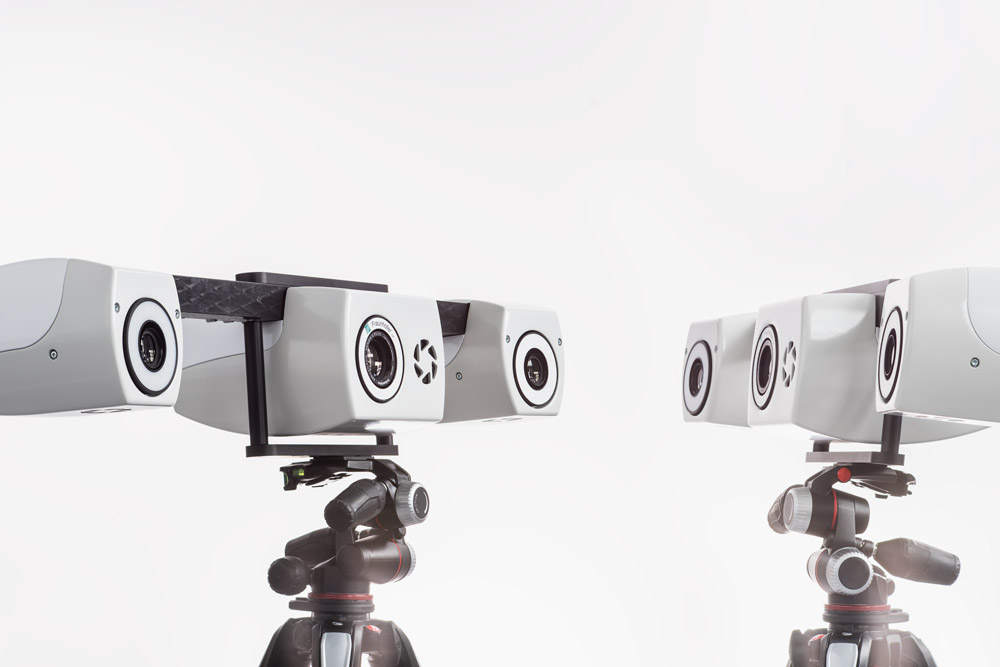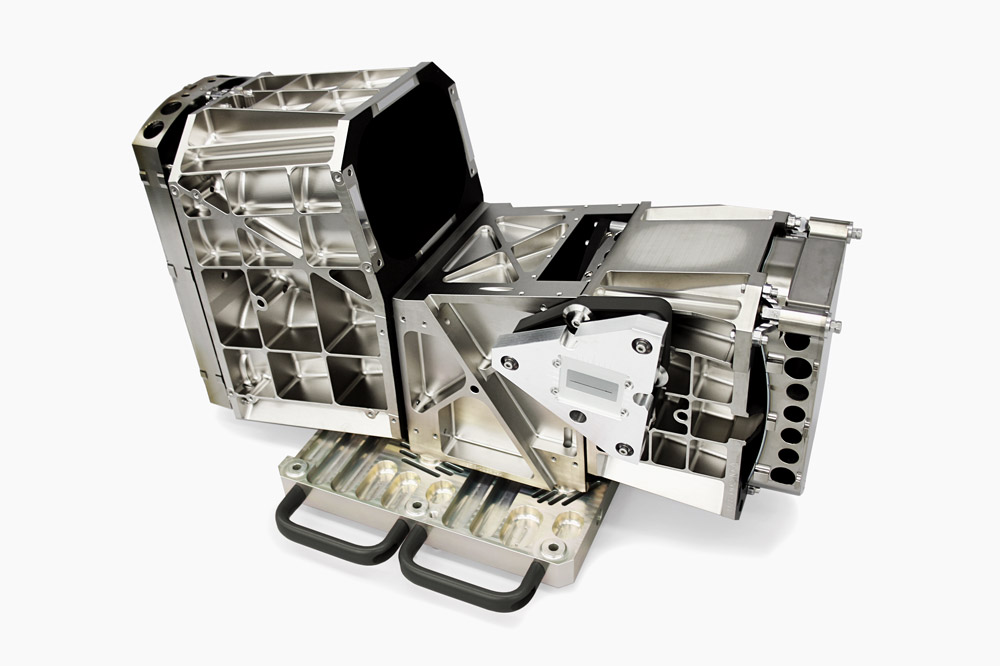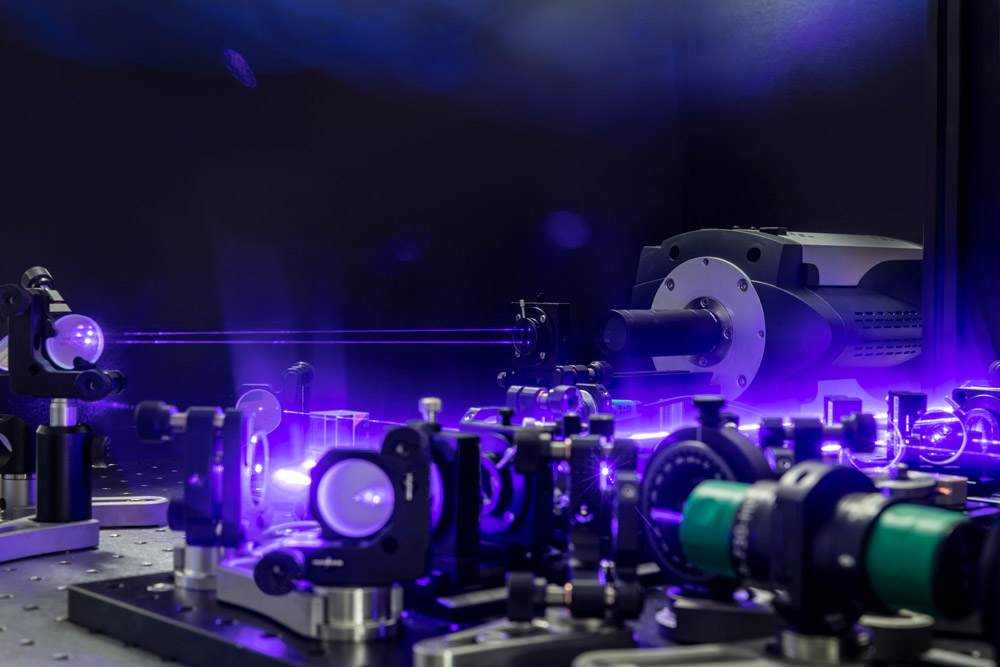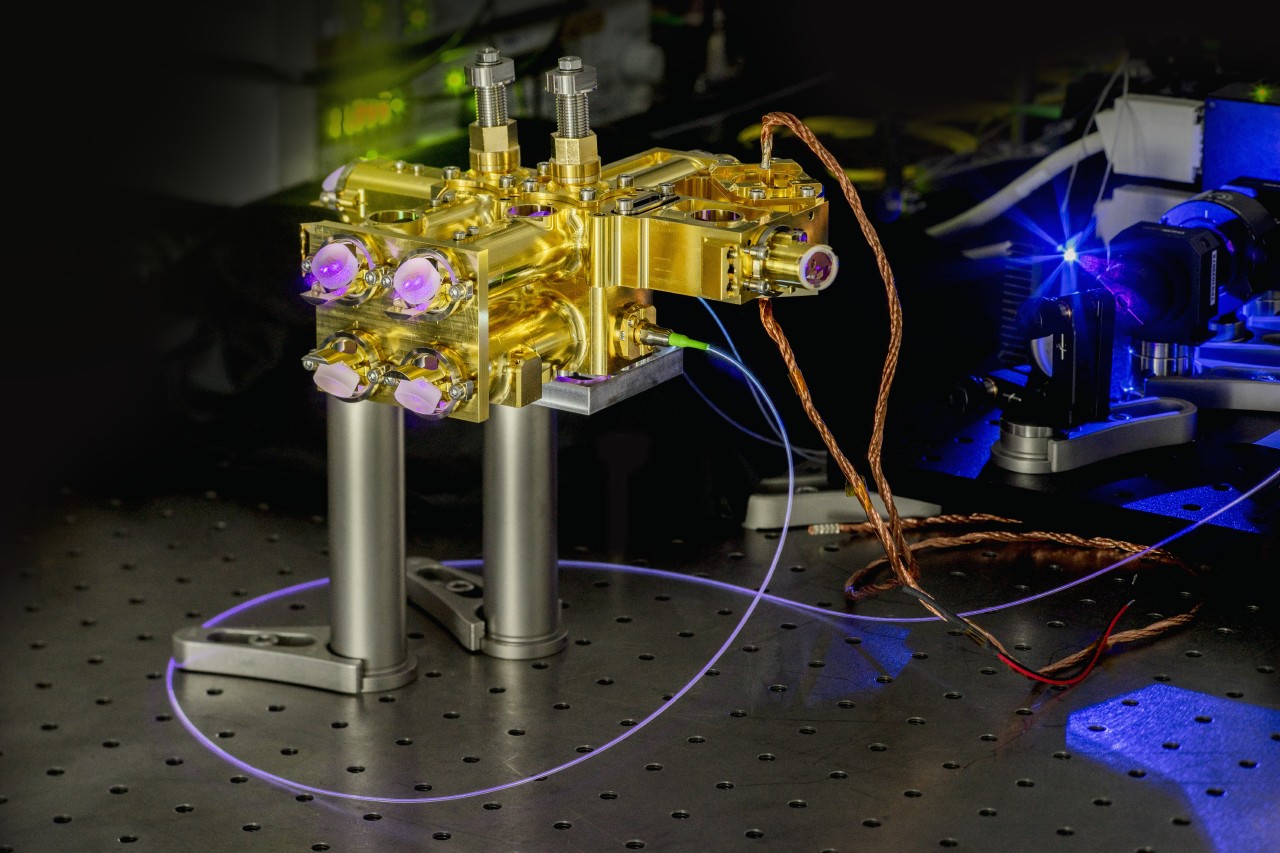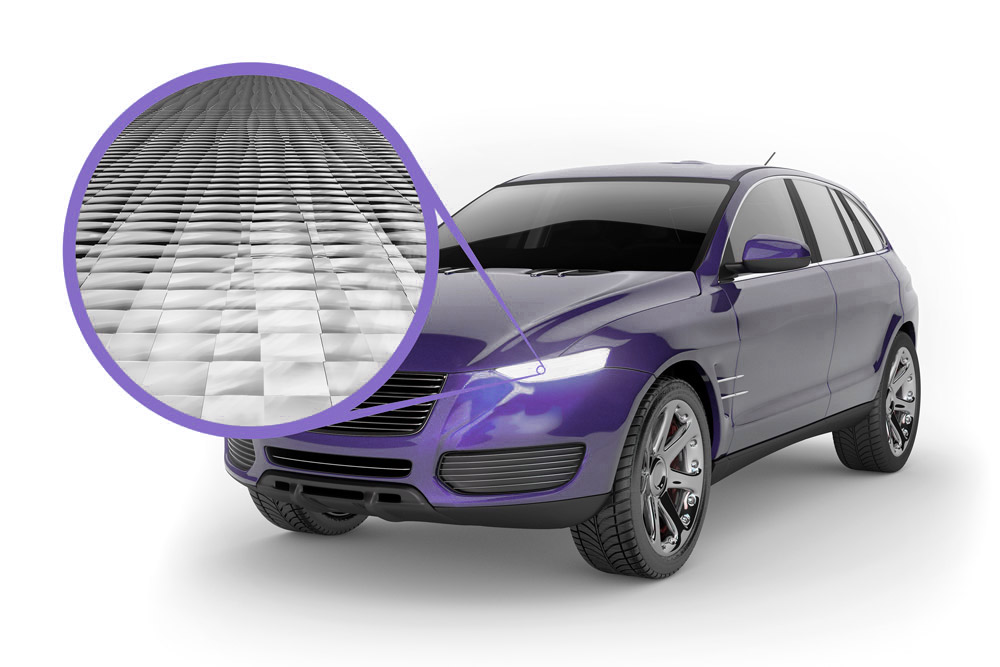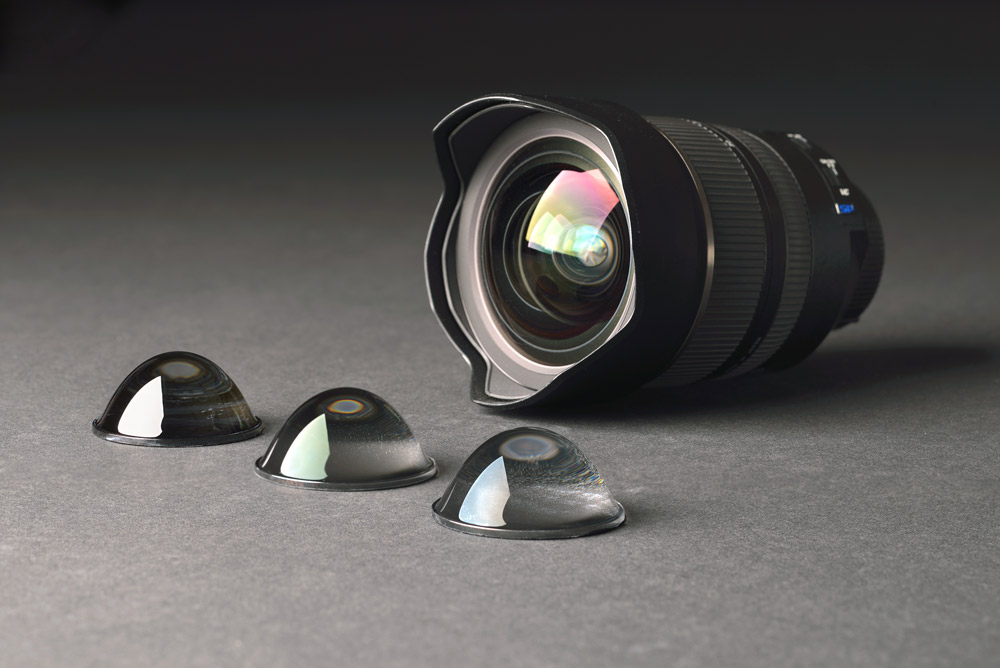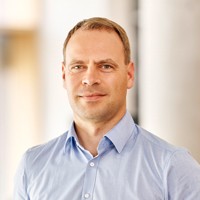Speakers of Module 1
Dr. Robert Kammel
Robert Kammel studied technical physics at the Friedrich Schiller University Jena and the University of Barcelona, Spain. In his PhD, he focussed his research on topics of laser-material-interactions, medical laser physics and tailored femtosecond laser structuring for intraocular surgery. Today, he is working as research coordinator at Fraunhofer IOF and is responsible for a cross-institutional transfer-ecosystem called the "Center of Excellence in Photonics" and for developing national and international strategic cooperations with partners from science and industry. Robert Kammel is head of the "Strategy, Organization, Marketing" department.
Prof. Dr. Reinhold Pabst
Reinhold Pabst is team leader of the "Human Resources Development, Organizational Development and Innovation" group at Fraunhofer IOF in Jena, where he is also responsible for the New Work area. He is an experienced innovation strategist, coach and researcher in the field of innovation management and organizational development. He holds a Ph.D. in innovation marketing, an M.A. in coaching and leadership, and an M.Sc. in business administration. In his research, he focuses on the role of innovation facilitation and related competencies and tools. His practical experience includes entrepreneurship in two start-ups and over ten years of coaching and consulting in the field of innovation, business and personnel development. Since the summer semester of 2023, he has also been Professor of Human Resources Management at the Ernst Abbe University of Applied Sciences in Jena.
Dr. Thomas Schreiber
Thomas Schreiber received his Diploma degree in general physics in 2001. After finishing his Ph.D. work in nonlinear fiber optics in 2006, he built up a research group within the Fraunhofer Institute of Applied Optics and Precision Engineering, Jena, which later became the department of "Laser- and Fiber Technology". Its current research work includes high power fiber technology ranging from components to a system level for fundamental, industrial or space applications. He published more than 160 papers and conference contributions, three book contributions and more than ten invited talks, giving 3400 citations and a h-index of 34.
Prof. Dr. Stefan Nolte
Stefan Nolte is professor of laser physics at the Friedrich Schiller University in Jena, Germany, where he is head of the Ultrafast Optics group at the Institute of Applied Physics. He is also the Deputy Director of Fraunhofer IOF in Jena. His research focus lies on ultrashort pulse micromachining and materials modification for industrial and medical applications, where he has been actively engaged since the field's inception in the mid-1990s. His work has spurred the industrial use of ultrashort pulse lasers in materials processing. Apart from ablation and surface structuring, three-dimensional structuring within the volume of transparent materials is another current research topic.
Prof. Dr. Jens Limpert
Prof. Dr. Jens Limpert studied physics at the Friedrich Schiller University Jena, where he also received his PhD on fiber-based ultrashort pulse amplification in 2003. After a postdoctoral stay abroad at the University of Bordeaux, he returned to Jena in 2005 and has since headed the Fiber and Waveguide Lasers group at the Institute of Applied Physics at FSU. He is dedicated to the research of novel laser concepts and their applications.
Jens Limpert has published more than 400 articles in international journals, a large number of invited talks at professional conferences, and published five books. He has been awarded an ERC Starting Grant, an ERC Consolidator Grant and an ERC Advanced Grant.
Dr. Jan Rothhardt
After graduating in physics in 2006, Jan Rothhardt received his PhD in 2010 in the field of nonlinear optics / laser technology. After a research stay at CEA-Saclay, he established a research group for "Soft X-ray Spectroscopy and Microscopy" at the Institute of Applied Physics of FSU Jena and at the Helmholtz Institute Jena (HI-Jena).
He is the author of more than 80 articles in international journals and more than 100 conference papers, including a large number of invited talks. His contributions to the development and application of laser-based beam sources in the EUV were recognized in 2020 with the "Roentgen Prize at Justus Liebig University Giessen”.
Speakers of Module 2
Prof. Dr. Herbert Gross
Herbert Gross studied Physics at the University of Stuttgart. He received his PhD on laser simulation in 1995. After working as a scientist in optical design, modelling, and simulation at Carl Zeiss since 1982 he headed the central department of optical design and simulation from 1995 to 2010. From 2012 to 2021, he was a professor at the University of Jena in the Institute of Applied Physics and held a chair of Optical System Design. He is currently conducting research at Fraunhofer IOF. His main working areas are physical optical simulations, beam propagation, partial coherence, classical optical design, aberration theory, system development and metrology. He is also heading regularly educational seminars for professionals about optical design.
Dr. Robert Brüning
Robert Brüning completed his studies of physics with a focus on optics and photonics at the Friedrich Schiller University in Jena in 2013 and received his doctorate in the field of laser beam characterization, diffractive optics, and complex light (2013–2017). Afterwards, he worked as a post-doc at the Ernst-Abbe-Hochschule with the focus on miniaturized spectrometers until 2018. In 2019, he became group leader for "Microoptical Imaging Systems" with a research focus on multispectral camera systems at Fraunhofer IOF in Jena. Since 2020, he is head of department for "Optical and Mechanical System Design".
Dr. Peter Kühmstedt
Peter Kühmstedt received his Diploma in 1990 in Physics at the Friedrich Schiller University Jena. He was with the Fraunhofer Institute for Applied Optics and Precision Engineering Jena from 1992 to 1996 and has been working there again since 1999. He has been group manager of the 3D measurement group since 2000 and in 2020 he became Head of the department Imaging and Sensing. Kühmstedt received his Ph.D. degree in the Physics Department at the Ernst-Moritz-Arndt University at Greifswald in 2003. His major field of work is the development of 3D measurement systems.
Dr. Erik Beckert
Erik Beckert studied mechanical engineering in the field of precision engineering at the Technical University of Ilmenau. In 2005, he received his PhD with his thesis on the integration of compact opto-electronic systems. Since 2001 he has been working at Fraunhofer IOF, currently as head of the department "Opto-mechatronic Components and Systems". As an engineer he focusses on hardware-based approaches and implementations in the field of quantum hardware. He is also involved in larger funding projects that aim at building exemplary quantum infrastructures and demonstrating how to make communication physically tap-proof.
Speakers of Module 3
Prof. Dr. Markus Gräfe
Markus Gräfe received his PhD at the Friedrich Schiller University Jena in 2017 and pushed the field of integrated quantum photonics forward. Since 2018 he is head of the "Quantum-Enhanced-Imaging" Group at Fraunhofer IOF and focuses on novel microscopy and spectroscopy methods as based on non-classical states of light. The goal is to develop new sensing and diagnostic tools for life sciences. Besides, he works on quantum hardware development such as field deployable photon pair sources or quantum random number generators. Since October 2022, Markus Gräfe has been Professor of Experimental Solid State Quantum Optics at the Institute of Applied Physics at Darmstadt University of Technology.
Dr. Fabian Steinlechner
Fabian Steinlechner is principal investigator of the Fraunhofer Attract "Quantum Communication Technologies" group within the "Leistungszentrum Photonik" and the Abbe Center of Photonics at the Friedrich Schiller University Jena. Research in the group ranges from applied technology research on ultra-bright and space-proof entangled photon sources to exploring new methods for generating, manipulating, and transmitting quantum states of light for applications in long-distance quantum communications and remote sensing.
Dr. Falk Eilenberger
Falk Eilenberger received his diploma in physics in 2008, after which he went to the University of Sydney as a Visiting Scholar to conduct research on nonlinear effects in optical communication systems. He received his PhD from Friedrich Schiller University in 2014 for research on spatiotemporal phenomena in nonlinear optics. Subsequently, he worked for four years as a science coordinator at Fraunhofer IOF, where he was already able to contribute to the establishment of the research and development focus "Quantum Technologies". In 2018, he moved back to Friedrich Schiller University as a junior research group leader focusing on "Photonics in 2D Materials". His group conducts research on quantum nanomaterials as well as system solutions in optical quantum technology. His main focus in university teaching is quantum informatics and quantum algorithms. Since 2022 he is head of the department "Micro- and Nanostructured Optics" at Fraunhofer IOF.
Dr. Sven Schröder
Sven Schröder graduated in 2004 and received his PhD from the Friedrich Schiller University of Jena in 2008. Since 2001, he has been working at Fraunhofer IOF in the field of measurement and analysis of scattered light of optical surfaces and layers in the deep and extreme UV range. After working on new roughness and scattered light models at CREOL (University of Central Florida) in 2010–11 and being head of the working group "Surface and Layer Characterization" of the department "Optical Systems" at IOF from 2016 to 2019, he became head of the department "Functional Surfaces and Coatings". Sven Schröder is (co-)author of 50 refereed articles and 2 book chapters and a member of DIN/ISO TC 172 "Optics and photonics". He organizes international conferences as chair ("EOS Manufacturing, Tolerancing and Testing of Optical Systems", "SPIE Optical Fabrication, Testing, and Metrology").
